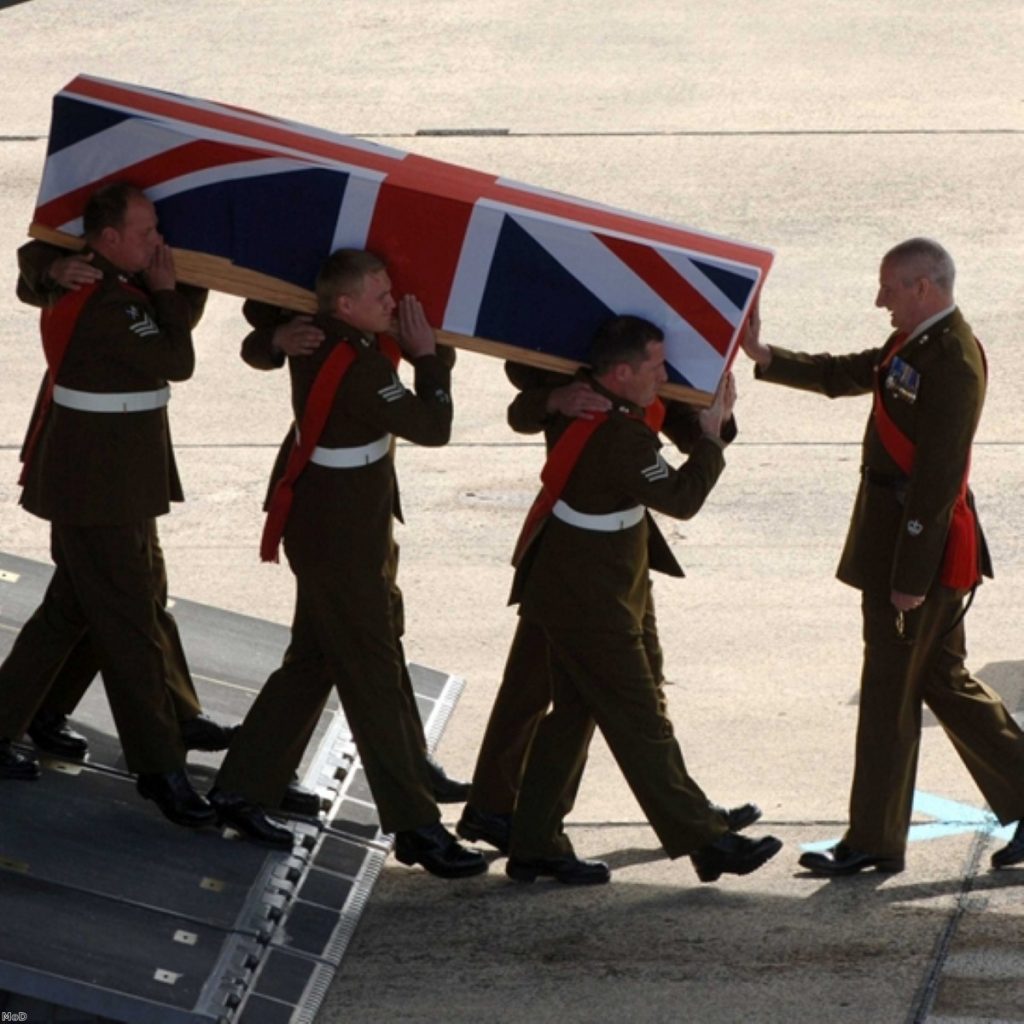Coalition U-turns on chief coroner post
By Alex Stevenson Follow @alex__stevenson
Campaigners are celebrating a "phenomenal victory" after a 12-month effort to save the chief coroner post finally paid off.
Ministers had sought to add the Office of the Chief Coroner to David Cameron's 'bonfire of the quangos', objecting to its £10 million start-up costs and annual running costs of £6.5 million.
Pressure from groups including the Royal British Legion, which had argued the post was needed to complete the military covenant between service personnel and the British people, finally had an effect yesterday when Downing Street indicated the prime minister was intervening.


Ken Clarke has now confirmed the post will be established with its full range of powers intact. Under previous plans the chief coroner's role was to be split between the lord chief justice and the lord chancellor – Mr Clarke himself.
"Over recent months I have listened to and reflected on the concerns raised across parliament, by families and by other groups, including the Royal British Legion, that a single figure needs to be responsible for the coroner system," the justice secretary said.
"I am prepared to have one last try to meet those arguments and so have taken the decision to implement the office of the chief coroner.
"Everyone is agreed that the priority is raising the standards of coroners' inquiries and inquests to ensure that bereaved families are satisfied with the whole process."
The chief coroner post was introduced as part of the Coroners and Justice Act 2009. Senior circuit judge Peter Thornton was appointed but never took up his duties.
The issue prompted the coalition government's biggest defeat in the upper House in December 2010, after an amendment tabled by independent crossbencher Ilora Finlay won by 277 votes to 165.
It is thought the prospect of further defeats in the Lords prompted the coalition's latest climbdown.
"I'm delighted that Ken Clarke has shown that he listens," Lady Finlay, who has been calling for the changes since 2006, told politics.co.uk.
"This will provide leadership at senior level and independent from government to bring about the reform of the coronial system which is over 100 years ago overdue.
"It is a phenomenal victory for sense, clear argument, open discussion and for recognising that awful situations that the bereaved are in – and that something can be learned from their experience."
Lady finlay said she wanted to see an appeals system established by the chief coroner after the initial complaints system is set up.
A coalition of 13 charities had campaigned on the issue including Cardiac Risk in the Young, Brake, Action Against Medical Accidents and Support After Murder and Manslaughter.









